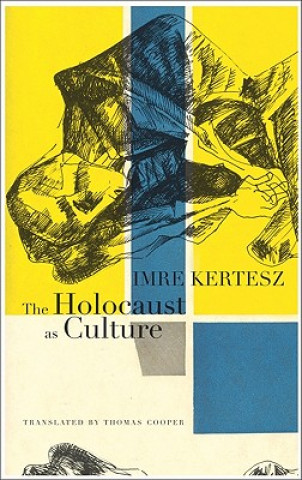
Kód: 04742518
Holocaust as Culture
Autor Imre Kertész
Hungarian Imre Kertesz was awarded the Nobel Prize in Literature in 2002 for "writing that upholds the fragile experience of the individual against the barbaric arbitrariness of history." His conversation with literary historian T ... celý popis
- Jazyk:
 Angličtina
Angličtina - Vazba: Pevná
- Počet stran: 112
Nakladatelství: Seagull Books London Ltd, 2012
- Více informací o knize

420 Kč
Dostupnost:
50 % šance Máme informaci, že by titul mohl být dostupný. Na základě vaší objednávky se ho pokusíme do 6 týdnů zajistit.
Máme informaci, že by titul mohl být dostupný. Na základě vaší objednávky se ho pokusíme do 6 týdnů zajistit.Prohledáme celý svět
Mohlo by se vám také líbit
-

Anglické frázové slovesá pre školy, kurzy i samoukov
177 Kč -
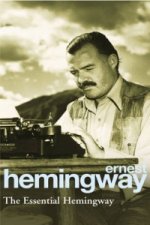
Essential Hemingway
276 Kč -

Master Medicine: Physiology
1080 Kč -

Terrorism Documents of International and Local Control: Volume 89
5338 Kč -

Politics and Reform in Spain and Viceregal Mexico
6382 Kč -
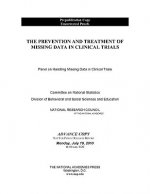
Prevention and Treatment of Missing Data in Clinical Trials
1535 Kč -

Automotive Quality Systems Handbook
2524 Kč
Darujte tuto knihu ještě dnes
- Objednejte knihu a zvolte Zaslat jako dárek.
- Obratem obdržíte darovací poukaz na knihu, který můžete ihned předat obdarovanému.
- Knihu zašleme na adresu obdarovaného, o nic se nestaráte.
Informovat o naskladnění knihy
Zadejte do formuláře e-mailovou adresu a jakmile knihu naskladníme, zašleme vám o tom zprávu. Pohlídáme vše za vás.
Více informací o knize Holocaust as Culture
Nákupem získáte 42 bodů
 Anotace knihy
Anotace knihy
Hungarian Imre Kertesz was awarded the Nobel Prize in Literature in 2002 for "writing that upholds the fragile experience of the individual against the barbaric arbitrariness of history." His conversation with literary historian Thomas Cooper presented here speaks specifically to this relationship between the personal and the historical. In "The Holocaust as Culture", Kertesz recalls his childhood in Buchenwald and Auschwitz and as a writer living under the so-called soft dictatorship of communist Hungary. Reflecting on his experiences of the Holocaust and the Soviet occupation of Hungary, Kertesz likens the ideological machinery of National Socialism to the oppressive routines of life under communism. He also discusses the complex publication history of "Fatelessness", his acclaimed novel about the experiences of a Hungarian child deported to Auschwitz, and the lack of interest with which it was initially met in Hungary due to its failure to conform to the communist government's simplistic history of the relationship between Nazi occupiers and communist liberators. The underlying theme in the dialogue between Kertesz and Cooper is the difficulty of mediating the past and creating models for interpreting history. This title is taken from that of a talk Kertesz gave in Vienna for a symposium on the life and works of Jean Amery. That essay is included here, and it reflects on Amery's fear that history would all too quickly forget the fates of the victims of the concentration camps. Combined with an introduction by Thomas Cooper, the thoughts gathered here reveal Kertesz's views on the lengthening shadow of the Holocaust as an ever-present part of the world's cultural memory and his idea of the crucial functions of literature and art as the vessels of this memory.
 Parametry knihy
Parametry knihy
Zařazení knihy Knihy v angličtině Humanities History History: specific events & topics
420 Kč
- Plný název: Holocaust as Culture
- Podnázev: A Conversation with Imre Kertesz
- Autor: Imre Kertész
- Jazyk:
 Angličtina
Angličtina - Vazba: Pevná
- Počet stran: 112
- EAN: 9780857420220
- ISBN: 0857420224
- ID: 04742518
- Nakladatelství: Seagull Books London Ltd
- Hmotnost: 242 g
- Rozměry: 133 × 212 × 14 mm
- Datum vydání: 13. April 2012
Oblíbené z jiného soudku
-
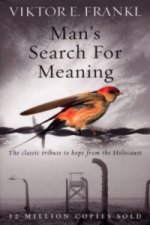
Man's Search for Meaning
175 Kč -
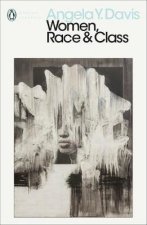
Women, Race & Class
290 Kč -

Pianist
279 Kč -
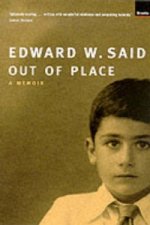
Out Of Place
302 Kč -
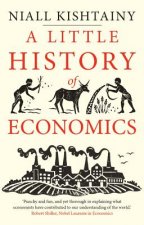
Little History of Economics
350 Kč -
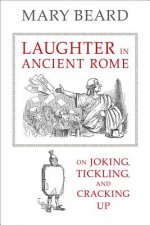
Laughter in Ancient Rome
501 Kč -

Civilization and Capitalism, 15th-18th Century
1634 Kč -

Armies of Medieval Burgundy 1364-1477
394 Kč -

Night
249 Kč -
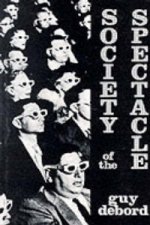
Society of the Spectacle
290 Kč -

Imperialism: The Highest Stage of Capitalism
196 Kč -
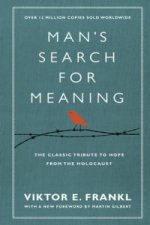
Man's Search For Meaning
410 Kč -
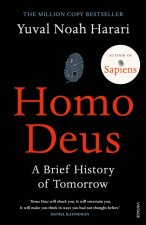
Homo Deus
274 Kč -
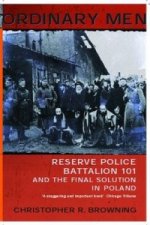
Ordinary Men
323 Kč -

Black Earth
378 Kč -

The Complete MAUS
487 Kč -

The Rape of Nanking
476 Kč -
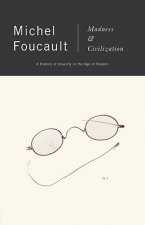
Madness and Civilization
475 Kč -
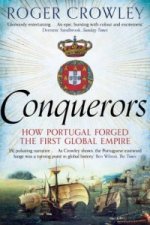
Conquerors
323 Kč -
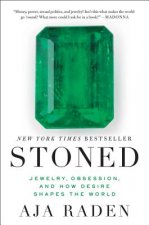
Stoned
276 Kč -

Twelve Years a Slave
89 Kč -

At Home
302 Kč -
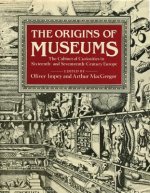
Origins of Museums
1411 Kč -
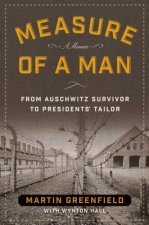
Measure of a Man
373 Kč -
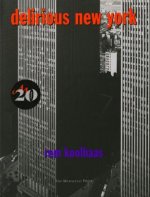
Delirious New York
714 Kč -
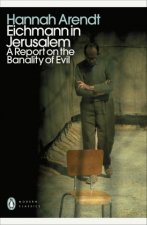
Eichmann in Jerusalem
323 Kč -

Mein Kampf - The Ford Translation
1005 Kč -

Bloodlands
378 Kč -

Guns, Germs and Steel
378 Kč -

Cold War Submarines
877 Kč -
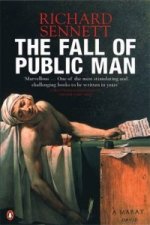
Fall of Public Man
410 Kč -
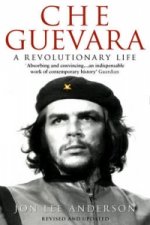
Che Guevara
547 Kč -
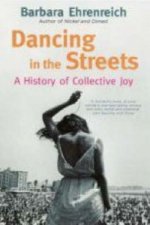
Dancing In The Streets
302 Kč -

Fix the Pumps
361 Kč -
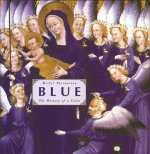
Blue
964 Kč -

Revolutionary Yiddishland
335 Kč -
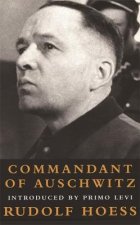
Commandant Of Auschwitz
302 Kč -
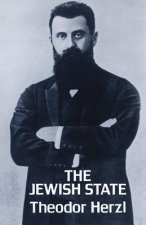
Jewish State
288 Kč -
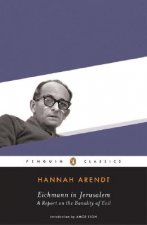
Eichmann in Jerusalem
381 Kč -

Reflections on the Revolution in France
249 Kč -
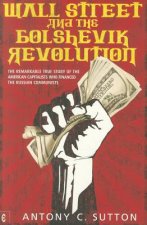
Wall Street and the Bolshevik Revolution
356 Kč -

Corgi Toys
461 Kč -
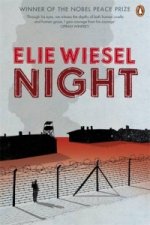
Night
276 Kč -
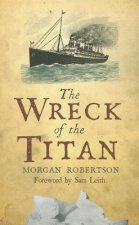
Wreck of the Titan
322 Kč -

McMafia
302 Kč -

Intimate History of Humanity
356 Kč -
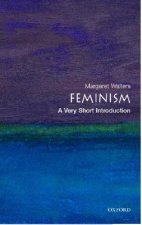
Feminism: A Very Short Introduction
249 Kč -
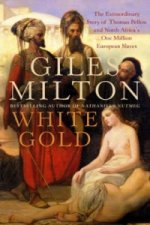
White Gold
356 Kč -
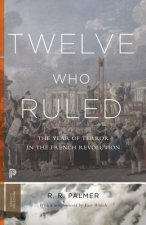
Twelve Who Ruled
599 Kč
Osobní odběr Praha, Brno a 12903 dalších
Copyright ©2008-24 nejlevnejsi-knihy.cz Všechna práva vyhrazenaSoukromíCookies


 Vrácení do měsíce
Vrácení do měsíce 571 999 099 (8-15.30h)
571 999 099 (8-15.30h)